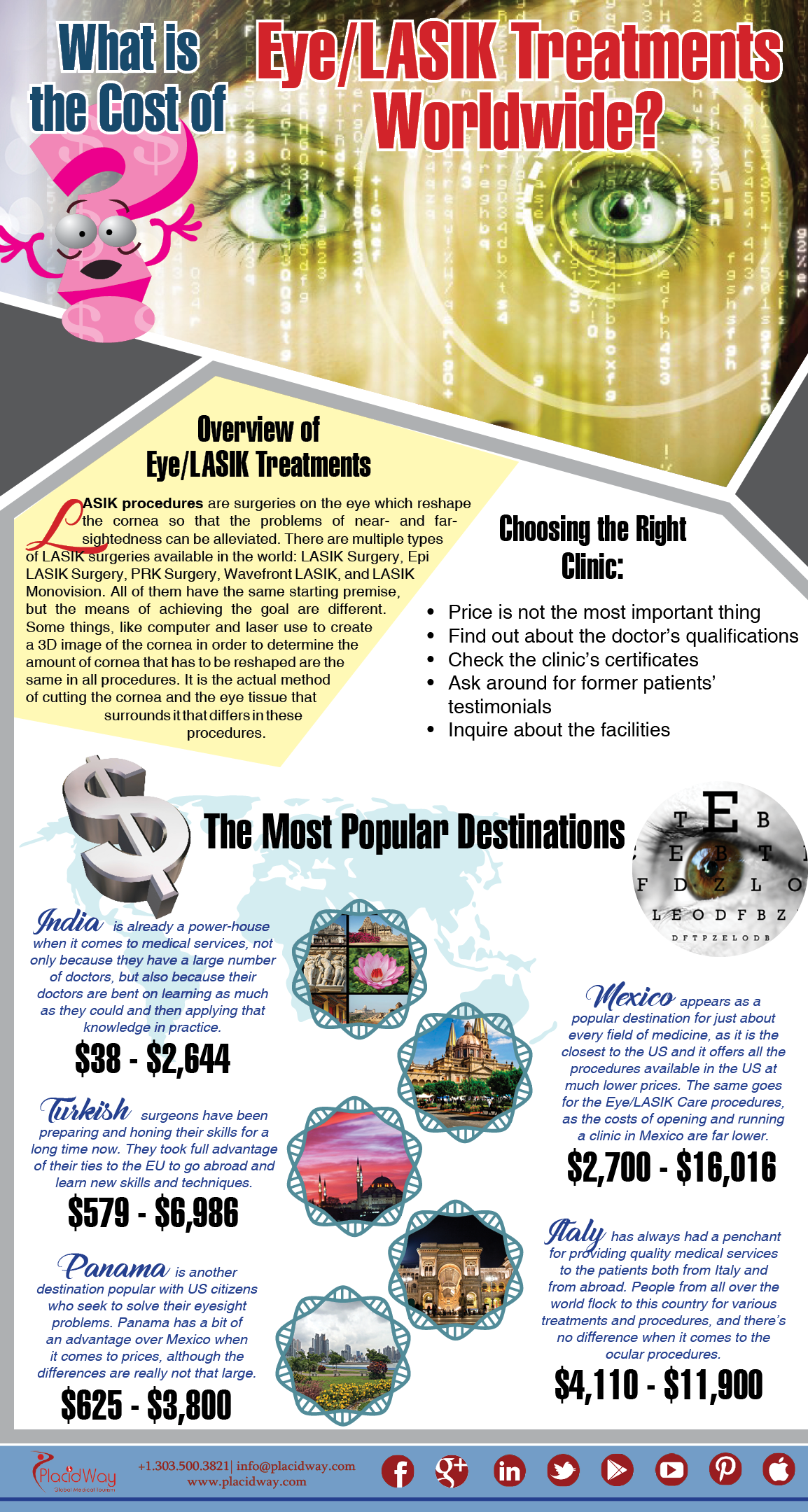If you're thinking about refractive lens exchange, you possibly have a great deal of concerns. This treatment can change just how you see the world, offering advantages like lowered dependence on glasses. Nonetheless, it's necessary to recognize the process, threats, and who qualifies as a good prospect. Allow's check out these important aspects so you can make an enlightened decision concerning whether RLE is right for you.
What Is Refractive Lens Exchange and How Does It Work?
Refractive lens exchange (RLE) is a surgery created to replace your eye's all-natural lens with a fabricated one, dealing with vision issues like nearsightedness, farsightedness, or presbyopia.
During the procedure, your doctor makes a tiny incision in the eye, eliminates your natural lens, and inserts an intraocular lens (IOL) customized to your vision requires. This outpatient surgical treatment usually takes around 15 to half an hour per eye and is done under local anesthesia.
You'll likely discover improvements in your vision almost quickly, though complete recovery may take a few weeks. RLE is particularly helpful for those over 40 or with high prescriptions, supplying a durable solution compared to glasses or call lenses.
Your eye care expert can help figure out if RLE is right for you.
What Are the Benefits and Threats of Refractive Lens Exchange?
Picking refractive lens exchange can bring about substantial improvements in your vision, yet it is necessary to weigh both the advantages and risks prior to deciding.
On the plus side, this treatment can enhance your eyesight by fixing issues like presbyopia, myopia, and hyperopia. Numerous individuals appreciate lowered reliance on glasses or contact lenses, which can considerably boost their lifestyle.
However, it's important to think about potential risks. Issues can consist of infection, glare, or halos around lights.
There's additionally a possibility of overcorrection or undercorrection, which might call for extra procedures.
That Is a Perfect Candidate for Refractive Lens Exchange?
If you're considering refractive lens exchange, it's important to recognize whether you fit the profile of a suitable prospect. Generally, you may be an excellent prospect if you more than 40, experience presbyopia, or have high degrees of nearsightedness or farsightedness.
It's additionally crucial that your vision is secure, implying your prescription hasn't altered substantially in the past year. If you have cataracts or other eye conditions, you may take advantage of this treatment also.
Nevertheless, specific factors, like unrestrained diabetic issues or autoimmune conditions, could disqualify you. To determine your candidacy, talk to an eye care specialist who can review your specific situation and advise the very best course of action tailored to your needs.
Final thought
To conclude, refractive lens exchange can be a transformative option for improving your vision, particularly if you're over 40 or have a high prescription. While the benefits are significant, it's essential to consider the risks and talk to your eye care specialist to determine if you're an ideal prospect. With https://www.dovepress.com/three-year-outcomes-of-implantable-collamer-lens-followed-by-excimer-l-peer-reviewed-fulltext-article-OPTH and guidance, you can make an educated decision and perhaps delight in a life with minimized reliance on glasses.
